Frantic orthodoxy is never rooted in faith but in doubt. It is when we are unsure that we are doubly sure
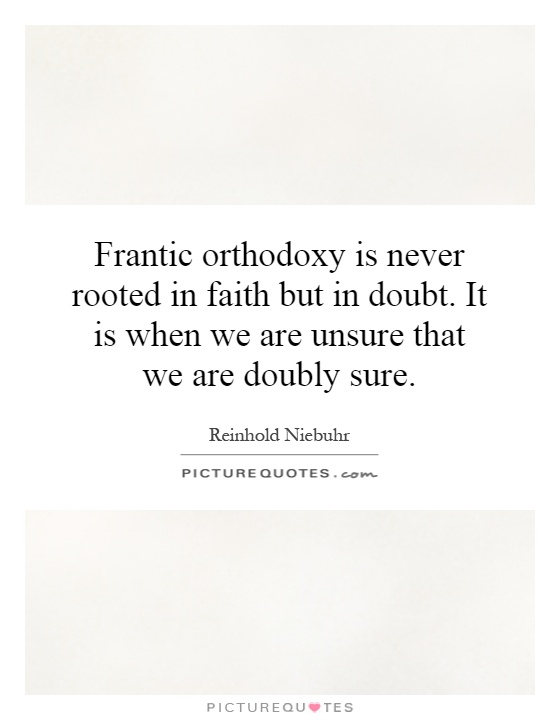
Frantic orthodoxy is never rooted in faith but in doubt. It is when we are unsure that we are doubly sure
Reinhold Niebuhr, a prominent theologian and ethicist, is often associated with the concept of "frantic orthodoxy" and the idea that it is rooted in doubt rather than faith. Niebuhr believed that true faith is not characterized by a rigid adherence to dogma or doctrine, but rather by a willingness to grapple with doubt and uncertainty.In his seminal work, "The Nature and Destiny of Man," Niebuhr explores the complexities of human nature and the inherent tensions between faith and doubt. He argues that true faith is not a static, unchanging belief system, but rather a dynamic process of questioning, wrestling with doubt, and ultimately coming to a deeper understanding of one's beliefs.
Niebuhr's concept of "frantic orthodoxy" refers to the tendency of some individuals to cling to rigid, dogmatic beliefs out of a sense of insecurity or fear. This frantic need for certainty and absolute truth can actually be a sign of underlying doubt and uncertainty. It is when we are unsure of our beliefs that we become doubly sure, desperately seeking validation and reassurance in the face of doubt.
Niebuhr believed that true faith requires a willingness to embrace doubt and uncertainty, to engage in critical reflection and self-examination. He saw doubt not as a threat to faith, but as an essential component of a mature and authentic spiritual life.





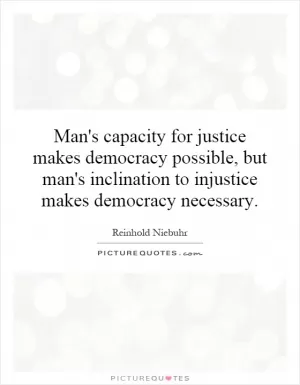

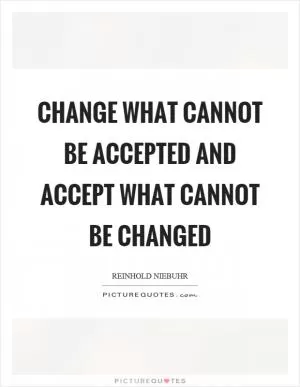
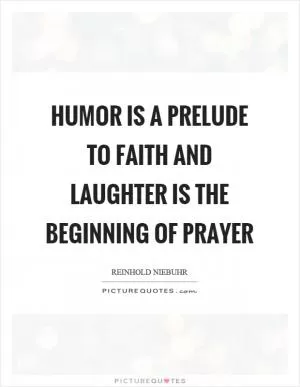


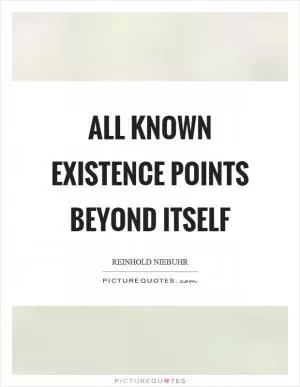
 Friendship Quotes
Friendship Quotes Love Quotes
Love Quotes Life Quotes
Life Quotes Funny Quotes
Funny Quotes Motivational Quotes
Motivational Quotes Inspirational Quotes
Inspirational Quotes